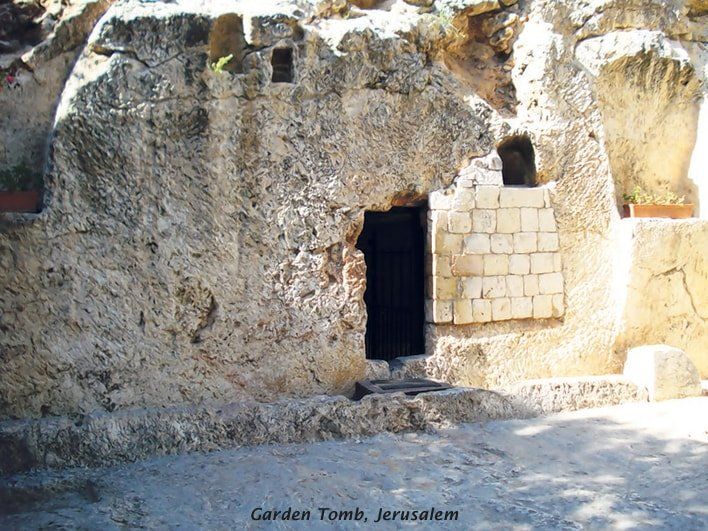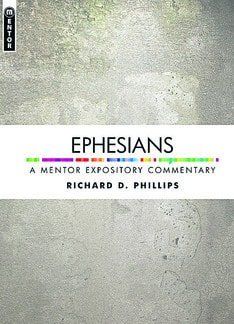
In this issue Mark Johnston concludes his survey of the Apostles’ Creed. In the last issue we sought an answer to this greatest of questions. Only the Bible, God’s own word to mankind, can provide that answer, but we discovered that the ancient Apostles’ Creed is a most helpful guide to what Scripture teaches concerning Jesus Christ, ‘the Lord of glory’.
Who is Christ? Last time we saw him as the eternal Son, the incarnate Lord, and the suffering servant who died to save his people from their sins. In this concluding article we review two further aspects of his glorious person.
Exalted Saviour
There has been much debate among theologians as to which particular truth constitutes the heart of the gospel. Some argue that it must be the cross, since Paul seems to summarise his entire ministry with the words, ‘I resolved to know nothing while I was with you except Jesus and him crucified’ (1 Corinthians 2:2). Yet, on balance, Paul’s epistles seem to emphasise the resurrection of Jesus more than his death. The solution to this dilemma is not to exalt one event above the other, but to recognise that it is impossible to have one without the other! The cross would have been a failure without the resurrection, and the resurrection would be meaningless without the cross. Hence the next great affirmation about Christ found in the Apostles’ Creed declares, ‘The third day he rose from the dead; he ascended into heaven; and sitteth at the right hand of God the Father Almighty’.

As we try to understand who Jesus is and what he has accomplished in redemption, we saw firstly his pre-existent glory; secondly the ever-downward spiral of his humiliation; but thirdly and finally, we see his ultimate exaltation to the place of highest honour in heaven (Philippians 2:5-11; Hebrews 12:2). The passage in Philippians tells us that God the Father has given him the name that is above every name, that every knee should bow to him and every tongue confess that he is Lord, to the glory of the Father. Exaltation, therefore, signifies not only honour, but transcendent glory and total authority in heaven and in earth (Matthew 28:18).
Furthermore, the exaltation of Jesus Christ means more than ascension; more than what happened when he was taken up to heaven before the wondering eyes of the disciples (Acts 1:9). His exaltation had its roots in the miracle of the resurrection.
Paul tells the Christians at Rome that through the resurrection Jesus ‘was declared with power to be the Son of God’ by the Holy Spirit (Romans 1:4). The glory which had been veiled in human flesh throughout his life and ministry on earth was revealed in the resurrection and during the forty days which followed; that is, it was manifested in the new and special body Jesus displayed when he emerged from the tomb. This is a truth that Paul seizes and expounds in his first letter to the Corinthians.

A resurrection body
The apostle argues with those who question the very idea of resurrection saying, ‘If Christ has not been raised, our preaching is useless and so is your faith’ (1 Corinthians 15:14). Resurrection is an element crucial to the Christian gospel and the Christian faith. The glory of the message hangs upon the glory of what really happened. It is the glory of final victory – death really has been defeated, the power of the grave vanquished. More than that, the character of Christ’s resurrection body – with the obvious glory that attaches to it – becomes the prototype of the bodies of the redeemed in heaven after his return (1 Corinthians 15:35-57).
This great truth gives a new and intriguing twist to our understanding of who Jesus is. He is the One who has already taken human flesh to glory! When he returned to the place of honour at his Father’s right hand, he did not cease to be man, nor did he abandon his flesh. Instead, he took his humanity with him as he ‘passed through the heavens’ (Hebrews 4:14). Yes, there are saints in glory at this moment, but they are disembodied spirits (Hebrews 12:23). For the time being, the only flesh in that wonderful place is the flesh of Jesus, but all that will change at his coming. The man Christ Jesus is there as the living guarantee that all who put their faith in him will one day be raised from death, as he was, and taken to the glory where he is (1 Corinthians 15:20).

Dignity restored
The exaltation of Christ provides not only the pattern, but also the assurance of the future exaltation of our humanity, which was debased by the Fall. Only as we are found in him, can we have our human dignity truly restored and reinstated to the glory for which it was intended. The glory we receive from him in regeneration, when we first share his resurrection life, is but a foretaste of the glory that will be ours when he comes to lift us from our graves and take us home to a glorified world and universe.
Coming Judge
It is that future day of his return that provides the final clue to the identity of Jesus and the reason we must trust him. He is now enthroned at the right hand of his Father, and ‘from thence he shall come to judge the quick and the dead’. The risen, exalted reality of Christ not only provides hope and comfort for all who trust him, but should also strike fear into those who do not. Paul uses the twin truths of resurrection and exaltation to buttress the great command of the gospel for ‘all people everywhere’ to repent (Acts 17:30). Rejection of Christ is not just something for which men will be accountable in general. They will be accountable to him, for ‘we must all appear before the judgement seat of Christ, that each one may receive the things done in the body’ (2 Corinthians 5:10). As we are told in John’s Gospel, the Father has given the Son ‘authority to execute judgement also, because he is the Son of Man’ (John 5:27). Well might the Psalmist call upon men, in submission and faith, to ‘kiss the Son lest he be angry, and you perish in the way, when his wrath is kindled but a little’ (Psalm 2:12). Happily this same verse concludes with the words, ‘Blessed are all those who put their trust in him’.
Who, then, is this Jesus? He is Son of God and Son of Man, Saviour of his people and Judge of all the earth. He is the One to whom we must come by faith if we are to escape the terror of judgement and find an everlasting home in God’s new creation.





















